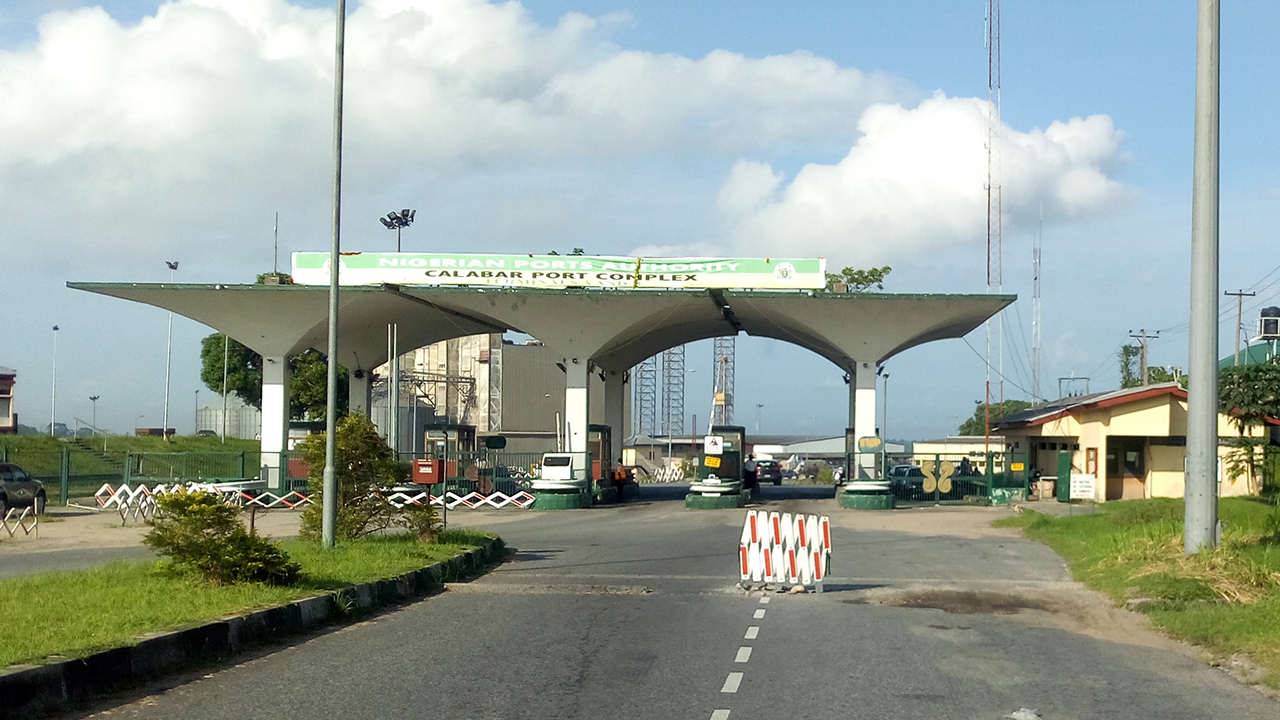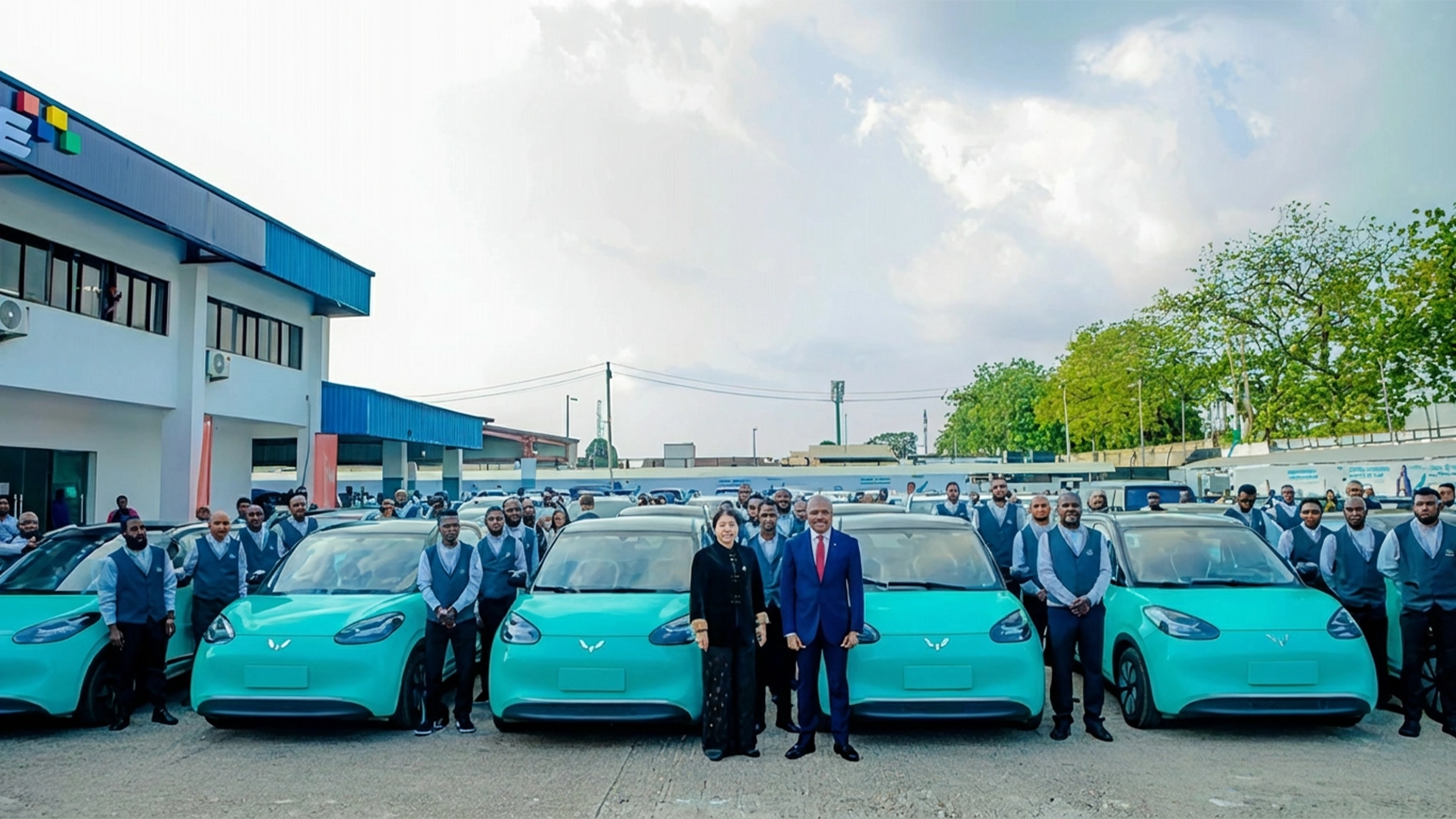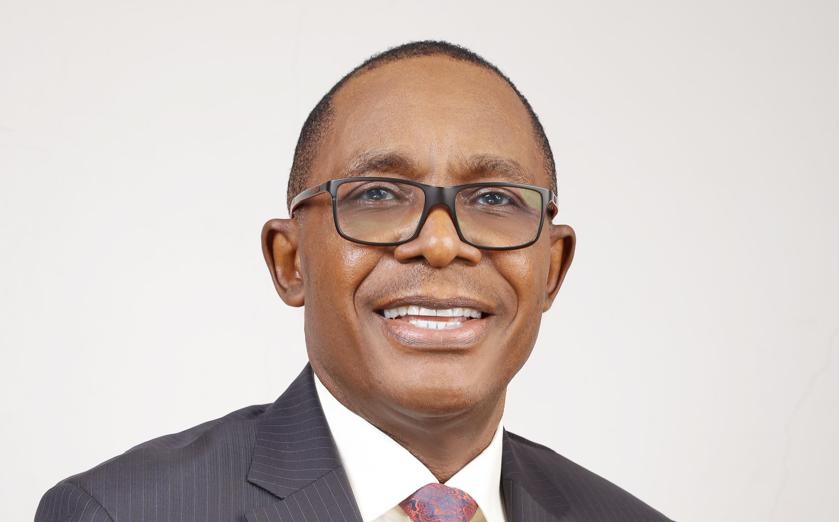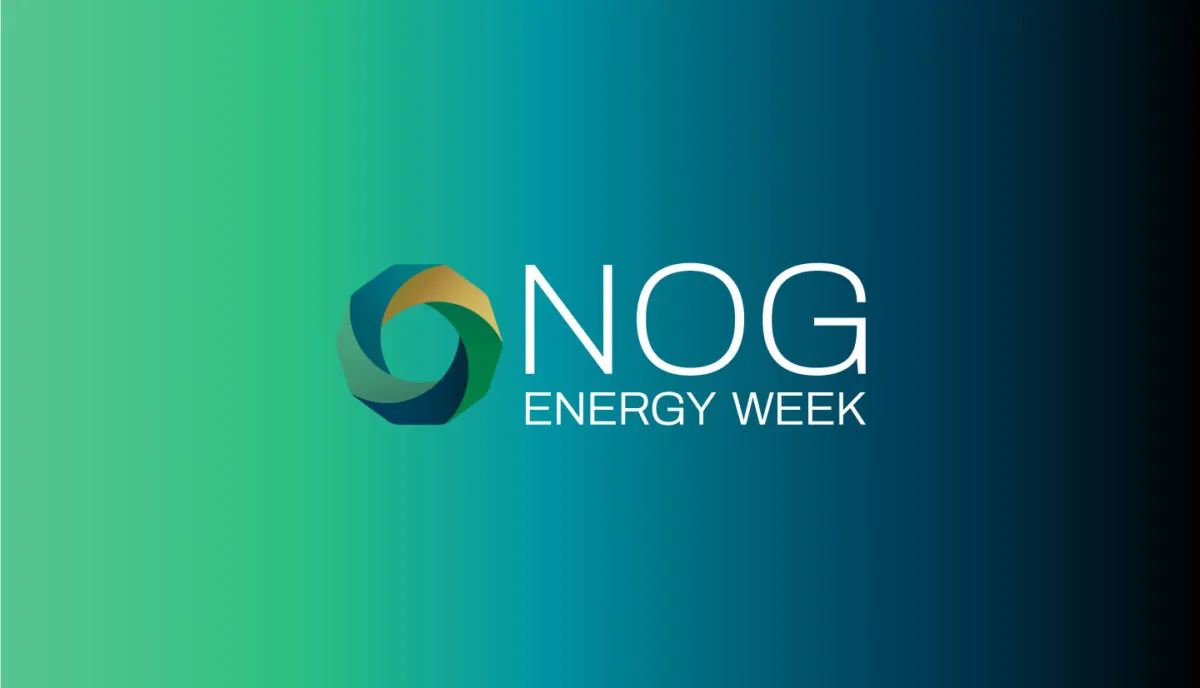
Major obstacles to fully harness the full potential of the trade arena include, shallow water channel, security threats, poor road network, and encroachment, among others.
With the government tackling the security challenges headlong, a significant progress has been made, but the challenges of dredging of the water channels appeared to have defied all odds, as they continue to be overshadowed by political intrigues.
The port is estimated to be generating about N12 billion yearly into the Federal Government coffers, but it has continued to suffer from shallow water channel, despite a dredging plan estimated at about N50 billion.
With proximity to 16 northern states, some eastern markets, and the landlocked country of Niger Republic, Calabar Port is strategically located to serve as a hub for the landlocked country of Niger and earn significant revenue for the government.
However, the situation has been tough for both the terminal operators and the importers. The operations were limited by the prevailing factors, which have made it difficult for the terminal operators to meet the guaranteed minimum tonnage benchmark. The exporters struggle to travel all the way to Lagos ports, thereby incurring more expenses, time consuming and high risk.
The terminal operators in Calabar— Ecomarine Terminals, Intels Nigeria Limited and Shoreline Logistics Nigeria Limited, have been overwhelmed by the lingering challenges.
Besides the shallow water challenges, operators of Intel, has been constrained by the abandoned oil rig named Delta Queen, which has occupied part of the operational area, while a section of the quay apron of Shoreline has collapsed for over a year now, awaiting reconstruction.
For Shoreline, operations have been limited due to the collapsed quay apron, while Intels has continued to battle with berth limitations due to space occupied by Delta Queen Oil Rig.
The Guardian also discovered that some illegal settlements around the ports are allegedly encroaching on the facility, while some of their actions are posing threat to safety of the environment.
“Some of those houses ignite fire often in an environment where discharge of petroleum product is a core operation, while tens of tank farms were located,” a source said.
One of the terminal operators, Ecomarine Terminal, said it has devised several strategies to thrive in such challenging environment.
The firm, a major operator in Calabar, the hub of Cross River State said it is sailing ahead with its strategic plans and its operating standards, notwithstanding the peculiarities of the port.
The multi-purpose terminal is designed to handle dry bulk, liquid bulk, general cargoes and container handling, have a stacking area of about 35000 square metres and recoverable area of 150000 square metres.
Managing Director, ECM Nigeria Limited, Adedayo Moruf Balogun, said: “We have a berth length of 480 metres and planning to extend to additional 400 metres. We are in close proximity to South-south, South-east, North Central markets. We are also gateway to Calabar Free Trade Zone (CFTZ), Tinapa and Land-locked African Countries (Chad, Niger Republic & Cameroon).
“We have aligned our business processes and procedures with ISO 9001:2015 QMS standards because of our passion for excellence, safety and high productivity.”
He expressed dissatisfaction that the port has not been dredged to the fulfillment of the concession agreement signed about 12 years ago with the Nigerian Ports Authority (NPA), while the company has continued to pay based on the Guarantee Minimum Tonnage stipulated in the agreement.
He stressed the need to fast-track review of the concession agreement, which is currently being undertaken by the NPA.
Managing Director, NPA, Ms Hadiza Bala Usman had advised that the Calabar port should adopt flat bottom vessels due to the low draft of the channel, but Balogun said such a vessel has tonnage limitations and does not meet the economies of scale of volumes in shipping today.
Notwithstanding, he said his terminal has continued to forge ahead with strategic plans that would enhance service delivery in that terrain.
The facility which is currently the hub for discharge of liquid products, in now upgrading to a state-of-the-art cargo delivery system, which is expected to boost its service delivery in compliance with international standards.
The standard pressure pump, according to Balogun has reached about 80 per cent completion and would soon be commissioned. The new pump would ensure a speedy discharging process, guarantee safety, ensure accurate metering and aid monitoring of cargo delivery.
Balogun said this facility and many more such as the newly floated hydrant system, and uncompromised safety procedures have helped lift the status of Calabar ports at the moment.
He therefore appealed to the NPA to stretch its golden touch to the striving port.
The port, which lies 45 nautical mile (about 84km) upstream from fairway buoy, he said has the proximity to the 16 northern states, some eastern markets, and the landlocked country of Niger Republic.
“Calabar Port is strategically located to serve as a hub for the landlocked country of Niger, because Calabar is closer to Niger than Cotonou that Niger is currently using as a hub. Why can’t we develop Calabar Port to serve as hub for Niger Republic?
Calabar Port is the nearest port to the 16 northern states, but today, the port of Douala is servicing the North Eastern part of Nigeria, which is supposed to be a captive market for Nigeria, if Calabar port was well developed. The question is, why have we not developed Calabar Port to a level of draft that it can serve as a hub?” he asked.
However, a senior officer of the Nigerian Customs Service, Akwa Ibom command who declined to be named, expressed concerns about the low operations at Calabar Port, stating that the neglect of the port is severely impacting on the revenue generation drive of the Federal Government.
To drive cargoes to the ports, Bala Usman had approved a 10 percent discount on harbour dues in all concessioned terminals at the Eastern ports in the country.
Usman said: “The Authority, however, wishes to clarify that this discount will only apply to harbour dues payable by the following types of vessels/cargoes.
“Container vessels with at least 250 TEUs; General cargo vessels with at least 16,000 tonnes; combo vessels with at least 16,000 tonnes; and RORO vessels with at least 250 units of vehicles.
“These discounts shall not apply to vessels coming INBALLAST (empty); vessels calling at private jetties; and vessels calling carrying liquid bulk,” she stated.
Meanwhile, the new Port Manager, Mrs Asien Ehemeiri has resumed at the troubled ports, with high expectations that she would be able to bring some of these challenges to an end.
Former manager in charge of the port complex, Olufunmilayo Olotu, had earlier told The Guardian that the port was predominantly doing more of bulk consignment (dry and liquid).
Confirming the challenges of draft limitations, Olotu said: “The management NPA has taken up the issue of the shallow draft and has commissioned people to come for various biometric survey of the environment. I am sure it is something that will be taken up by the Ministry of Transportation and the Federal Executive Council (FEC). We are optimistic that something would be done.
“If you remember that Escravos in Warri was having similar challenge, it was taken up and it has been addressed. So, we are hopeful that with the support of our amiable managing director, more will be coming.” She said.
On the security issues, Olotu said the NPA in collaboration with the Nigerian Navy and the Marine Police in Calabar, have been enjoying relative safety and security along the channel.
[ad unit=2]






